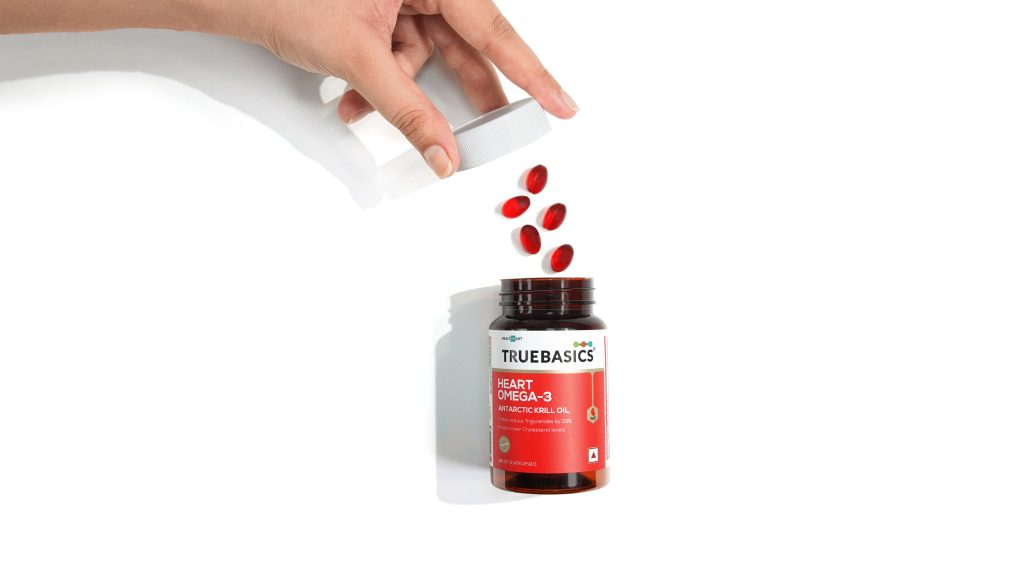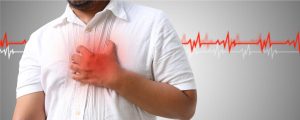That sudden feeling of anxiety and fear, a rush of unexplained emotions – have you experienced something similar for no apparent reason? If yes, then there is a strong possibility that you are having a panic attack. Theoretically, a panic attack is a feeling of sudden and intense anxiety, oftentimes unexplainable. It is even possible to get a panic attack while you are asleep.
Do you know?
Some people have panic attacks regularly. Medically termed as a panic disorder, it is defined as an anxiety disorder where you experience sudden attacks of panic or fear, regularly. They usually happen without any trigger.
What does a panic attack feel like?
Panic attacks are surprisingly common, and can occur without any warning signs. Know how you could possibly feel during a panic attack –
- Faster heartbeat
- Feeling dizzy
- Feeling very hot or very cold
- Trembling or shaking
- Nausea
- Chest or abdominal pain
- A choking feeling or struggling to breathe

Causes of panic attack
Keeping in mind that panic attack causes depend on social and personal life developments, here a few possible reasons –
- Several parts of the brain and certain biological processes may trigger fear and anxiety
- Panic disorder runs in the family
- Unexpected life changes and stressful life events like passing away of a loved one, leaving your family for a job in some other city
- Chronic stress due to constant work pressure, relationship issues or other personal reasons
- Medical conditions like overactive thyroid, diabetes, asthma, cardiac disease or a brain injury
What should be your immediate course of action during a panic attack?
It’s alright even if you are unable to figure out the reason for a panic attack episode, there are things you can do to help yourself cope. And, in case you didn’t know, panic disorder is often linked with an increased risk of heart disease. Therefore, managing your condition becomes all the more significant.
- Do not try to fight it, instead focus on relaxing yourself
- Focus on your breathing
- Remind yourself that it will pass and is not life-threatening
- When going through a panic attack, notice 5 things around you that are present in your physical environment. This is a popular grounding technique that can help during an on-going panic attack episode
- Walk it off. It can remove you from a stressful environment, and may also help regulate your breathing
- Listen to a soothing tune, it will help you focus

Apart from a lot of symptoms that overlap between the two, the main difference between panic attacks and heart attacks is the duration. A panic attack will most probably resolve on its own in 20 minutes. Whereas a heart attack can continue and may worsen with time.
Like we said above, a panic disorder could take a serious toll on your heart health, so it makes sense to take a few preventive steps for keeping your heart strong. You can simply start by adding TrueBasics Heart Omega-3, a specialized heart supplement. With so many heart supplements in the market, you must be wondering why this? Because unlike other products, it is formulated using Superba Antarctic Krill Oil, which is pure, sustainable, traceable and backed by science. This singular component in TrueBasics Heart Omega-3 significantly raises your Omega-3 Index levels within just 30 days of consumption. Fishy aftertaste and unpleasant smell are other common complaints among Omega-3 consumers, but with TrueBasics Heart Omega-3 you won’t encounter issues with smell, aftertaste and digestion.

Calm mind and a strong heart is all it takes for a healthier living.













